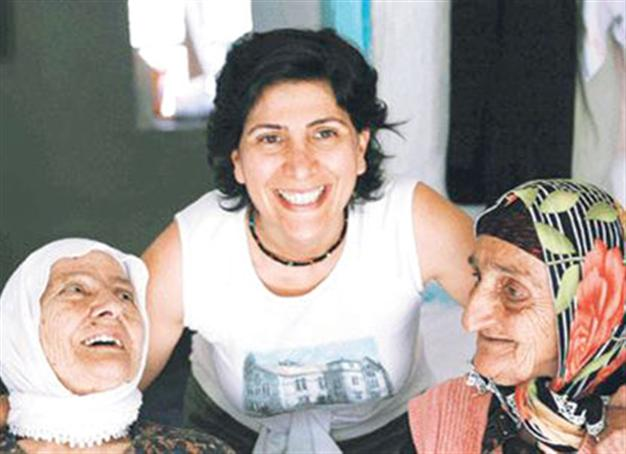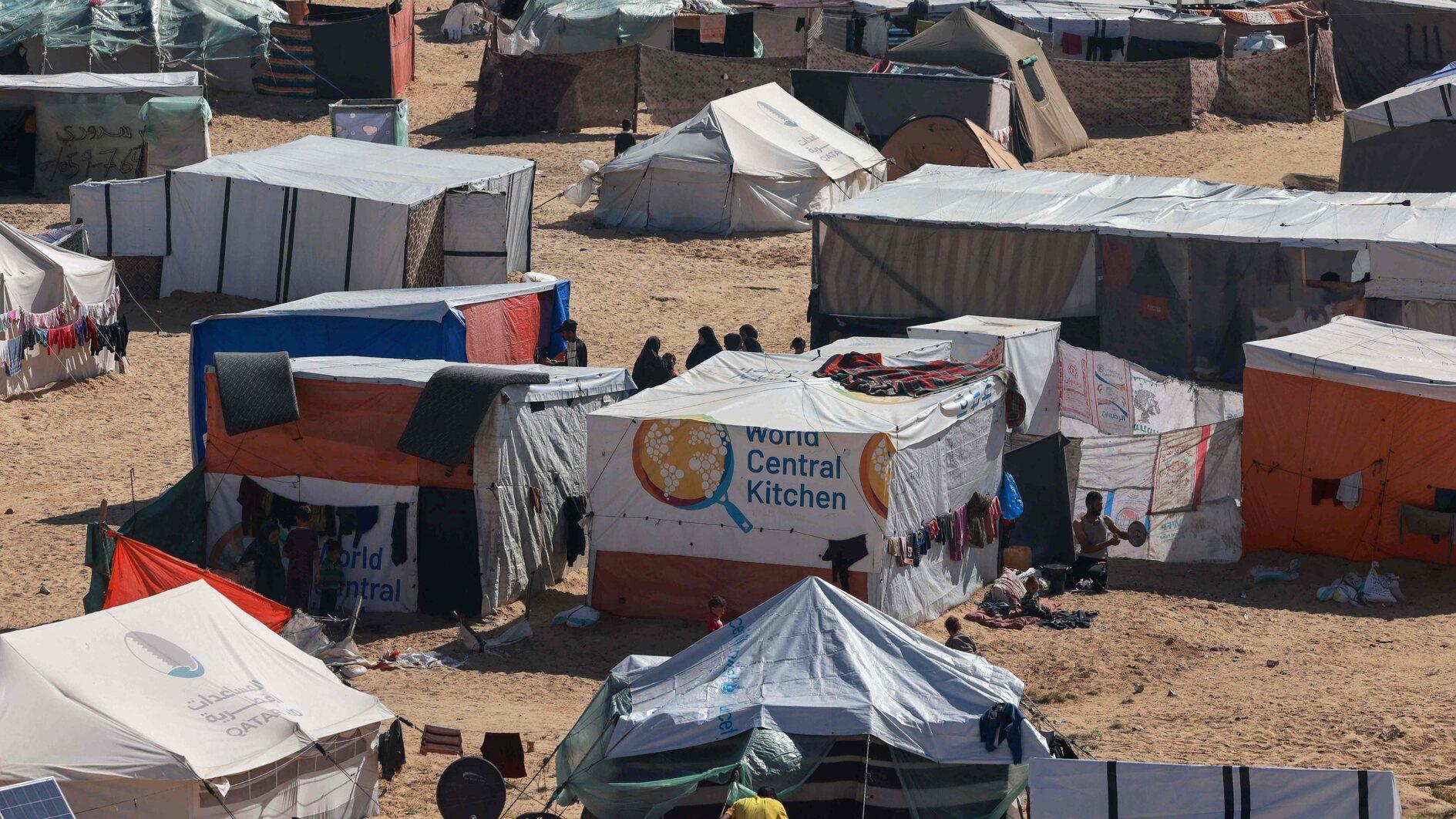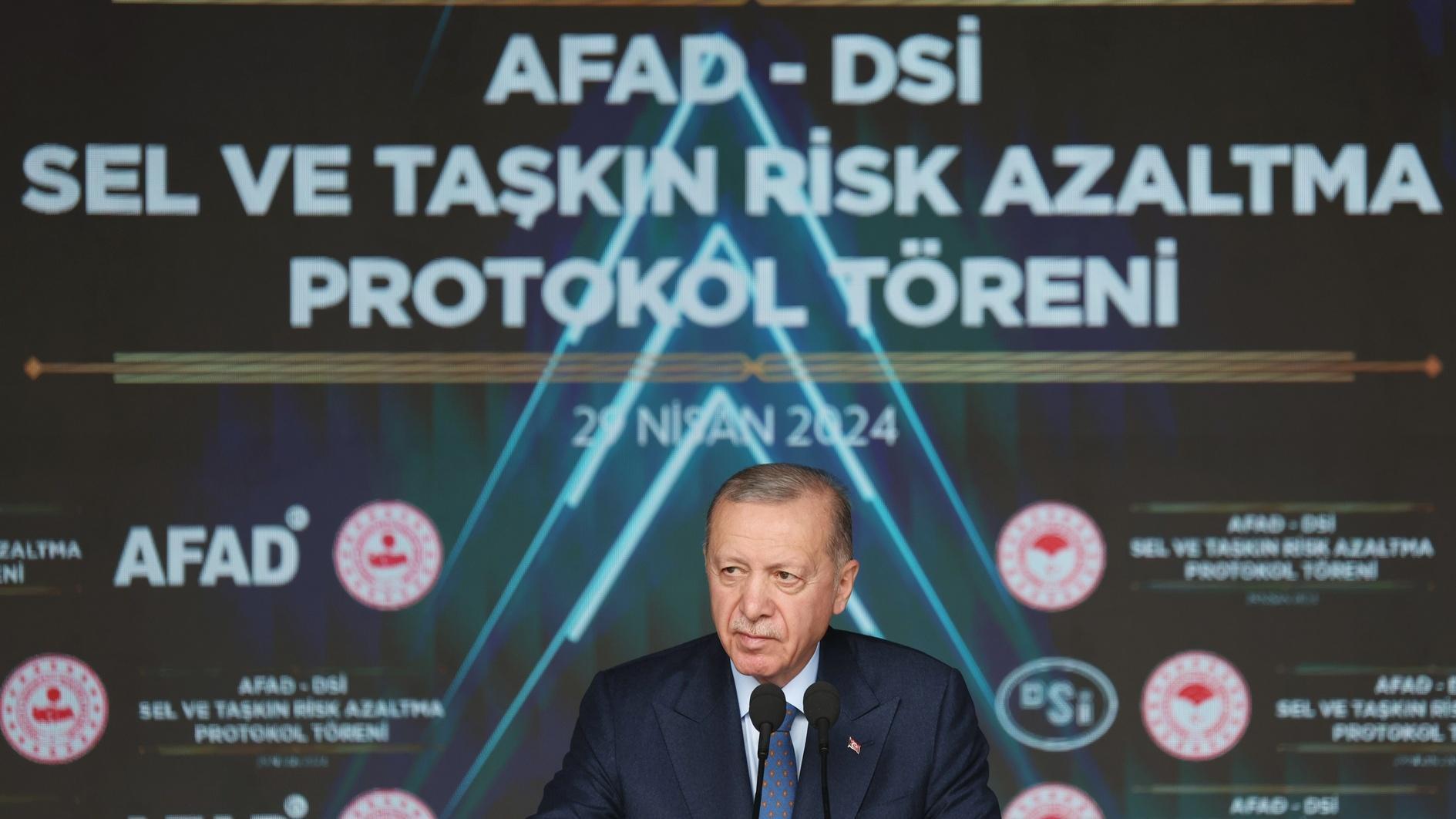‘Dersim no material about political gain’
Vercihan Ziflioğlu ISTANBUL- Hürriyet Daily News

Filmmaker Nezahat Gündoğdu (C) together with Huriye and Fatma sisters.
There is a great danger in converting the Dersim killings of 1938 into “material for political gain,” according to two filmmakers best known for making a recent documentary about the massacre.
The issue has dominated Turkey’s agenda for days after a Republican People’s Party (CHP) deputy from Dersim, now known as Tunceli, said republican founder Mustafa Kemal Atatürk was aware of the military attacks on the region, which killed thousands. Last week Prime Minister Recep Tayyip Erdoğan apologized for the killings in the name of the state, but the debate and recriminations about who was responsible has continued to rage.
“We knew from the beginning that our documentary would provoke debate. We had not expected the issue would be discussed to this extent and cause such political uproar,” Kazım Gündoğdu, the co-producer of “Two Locks of Hair: The Lost Girls of Dersim,” recently told the Hürriyet Daily News.
CHP leader Kemal Kılıçdaroğlu and his family were also victims of the incident, Gündoğdu said, adding that he had conducted his own investigation into what happened. But “he concealed the truth when politics was in question because he is under pressure. Kılıçdaroğlu is denying his own reality,” he said.
Despite the current debate, Erdoğan’s “explicitly” description of the event as a “massacre,” is “extremely important,” he said.
The two producers, Kazım and Nezahat Gündoğdu, have roots in Dersim. Since the start of their research in 2007, they have been uncovering stories of individuals who were forcefully removed from the area during 1938, as well as the stories of their families. Many of those displaced were girls. Among others, the documentary features two women, Huriye and Fatma, both of whom are now past the age of 80. It depicts their removal by the military, their ensuing trauma and their loneliness before their eventual return to their homeland to be reunited with those they left behind.
















